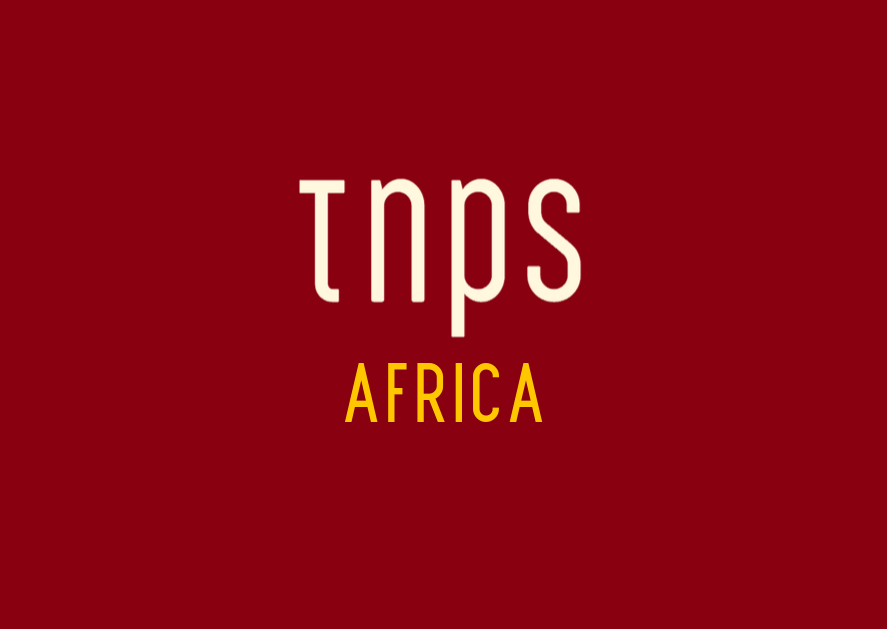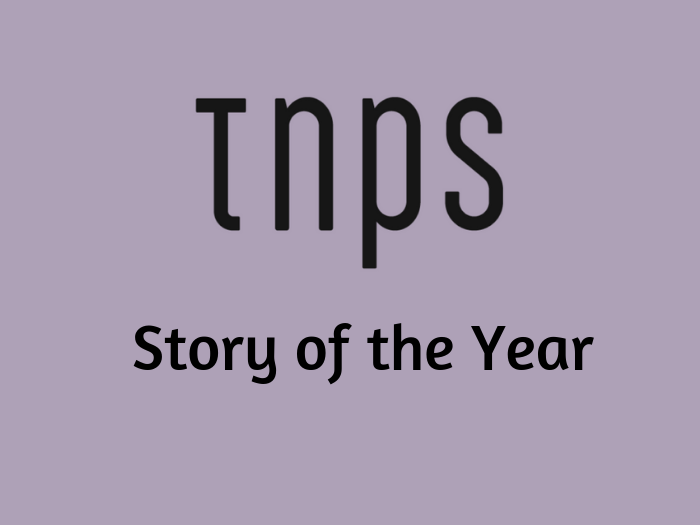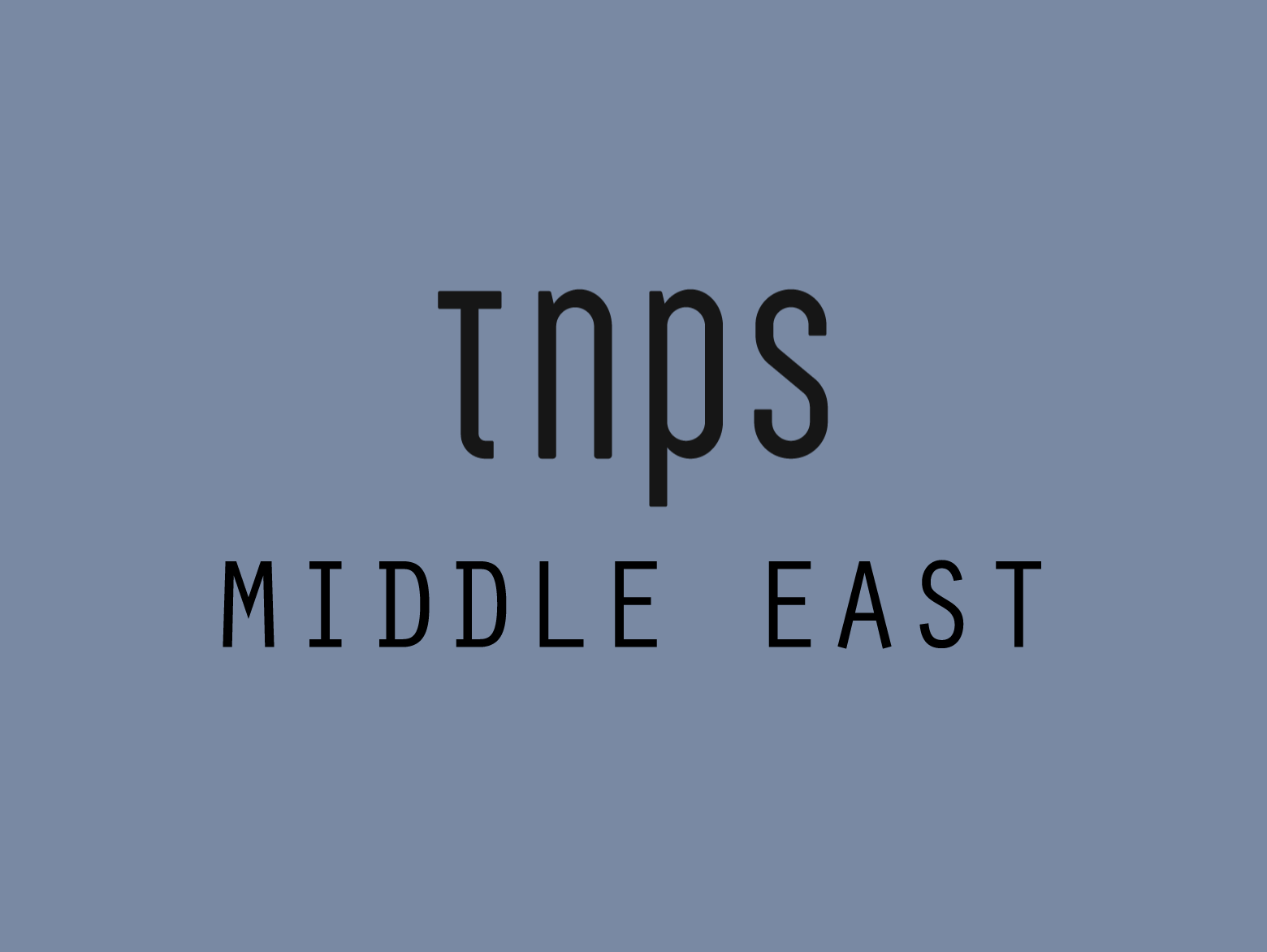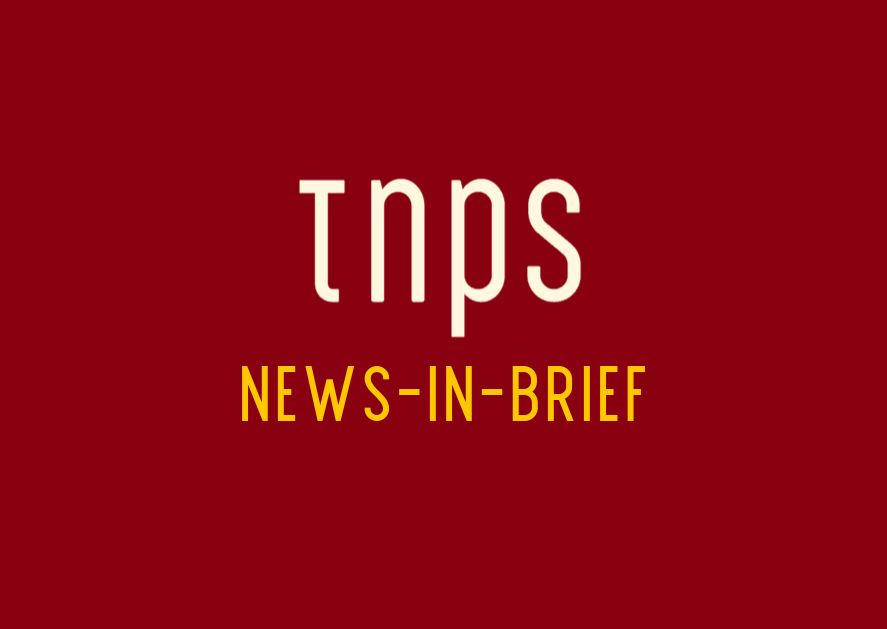We’re a month away from the Aké Arts and Book Festival in Nigeria, and this year the African Speculative Fiction Society will be presenting the first annual Nommo Award for sci-fi.
This hard on the heels of two sci-fi movies featuring at the Luxor African Film Festival earlier this year.
Yes folks, the Global New Renaissance is in full swing and combinations as improbable as Africa and science fiction are now not just realities (in fact they have been for a long time) but thanks to social media, digital reach and improvements in literacy and infrastructure across the continent Africa promises to dazzle us all with its rich cultural history and mythology and its ability to take the best of what the rest of the world does and add an African slant, be it in film, music or books.
In July the Cambridge Journal of Post-Colonial Literature looked at “African science-fiction and the planning imagination.” Not perhaps the world’s most riveting read but at least African speculative fiction is getting noticed more nowadays
Because here’s the thing: If one thinks of African sci-fi at all one probably thinks of books like Nnedi Okorafor’s Lagoon, which for those of us brought up with the clear understanding that if aliens ever did come to Earth they would head straight for Times Square and ask to speak to the president, throws our cultural preconceptions out of the window with a book that tells of aliens visiting Earth and landing in… Lagos.
All credit to Okorafor for that, but she was born in the US to Nigerian immigrant parents, so some might argue this is not really African sci-fi.
Hopefully the 2017 Aké Festival will bring more insights into home-grown African sci-fi and other speculative fiction (for an insight into African horror writing, check out this blog post on the Aké Festival site).
But the main theme of Aké Festival 2017 is “This F-Word” where “conversations will focus largely on creative women doing amazing things both on the African continent and beyond.”
More on Aké Festival 2017 as it rolls around. Meantime, what is it about Africa that makes otherwise sensible people look the other way when it comes to books?
Why, when there are more internet users in Africa than there are in North America, is it so difficult to buy an ebook?
No, it’s nothing (well, not a lot, anyway) to do with territorial rights. Most indie authors tick the world rights box when they list their ebooks on Amazon, Apple, etc, but that doesn’t mean they are available in countries like Nigeria.
The simple fact is the Kindle store, Apple iBook store, Nook store and Google Play Books store aren’t accessible in most of Africa (iBooks and Nook not at all). Kobo is, but without localised stores with local currencies and payment options it’s not much help. And the handful of domestic ebook players are finding it hard to get content here because, well, you know, Africans don’t read, so why bother?
At which point of course we just nod our heads in agreement and ignore the fact that last year’s Aké Festival has 23,000 visitors, and a safe bet almost every one of them had a smartphone in their hand. Or that the Lagos Book Fair saw 15,000 visitors, or that the Nairobi Book Fair saw almost 30,000 visitors.
Compare the London Book Fair 2017 with 13,000 visitors or New York’s BookCon which saw 18,000.







So how do we get our eBooks to be available in Africa?